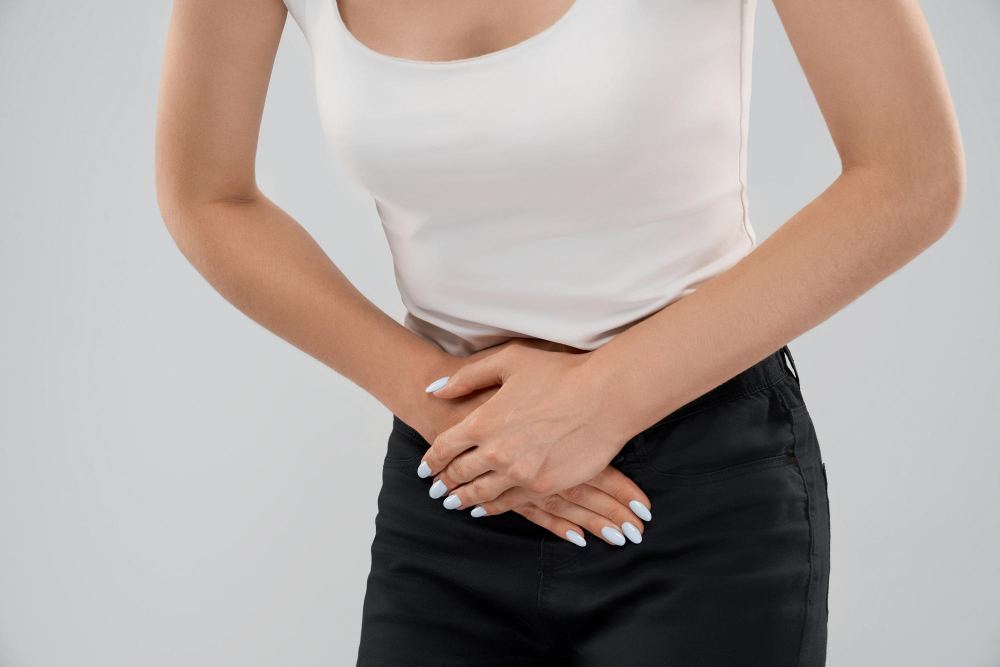
Genito-urinary Syndrome of Menopause (GSM) is used to describe vaginal and urinary symptoms due to the lack of oestrogen; typically in a post-menopause state, or after the surgical removal of one’s ovaries (oophorectomy).
Symptoms
- pain during sexual intercourse (dyspareunia)
- superficial bleeding from mild trauma
- unpleasant vaginal discharge due to secondary infections present
- vaginal dryness
- soreness
- itching
There is a long list of urinary symptoms which include pain when passing urine (dysuria), frequent strong sudden need to pass urine (urgency), associated urinary leakage (urge incontinence) and recurrent urinary tract infections (RUTI).

The pelvic floor muscles, urethra, bladder, and vagina all contain oestrogen receptors. And the lack of oestrogen causes decreased elasticity, strength and atrophic changes of these organs. The amount of glycogen also decreases, which decreases Lactobacilli numbers, resulting in a rise in pH level, allowing organisms that may cause vaginal infections to proliferate.
It is vitally important to seek advice from a doctor as vaginal or urine infections, tissue trauma from leakage and soiling, or the overuse of feminine products can all cause overlapping symptoms. Urogenital symptoms can vary widely, and appropriate treatment takes into account each women’s symptoms, lifestyle and risk factors.
Suggested Lifestyle Changes
Lifestyle changes such as adequate fluid intake, wearing loose clothing and avoiding vaginal douching or the overuse of vaginal feminine products can reduce symptoms greatly. Vaginal lubricants and moisturizers such as “Replens” can often provide temporary relief of dryness and dyspareunia.
Treatment
There is good evidence that topical oestrogen treatment improves vaginal symptoms significantly, and appears to relieve urinary urgency, frequency, and urge incontinence. Oestrogen therapy reverses age-related changes in the vagina, bladder and urethra, and also reverses the microbiological changes in the vagina. Oestrogens may also improve continence by improving the function of the urethra and bladder. Oestrogen therapy is safe to use in the the vast majority of patients, unless they suffer from certain hormone dependent illnesses, like breast cancer.
As of date, there is still no strong evidence that phytoestrogen consumption or herbal supplements provide any symptomatic relief for UG syndrome.
